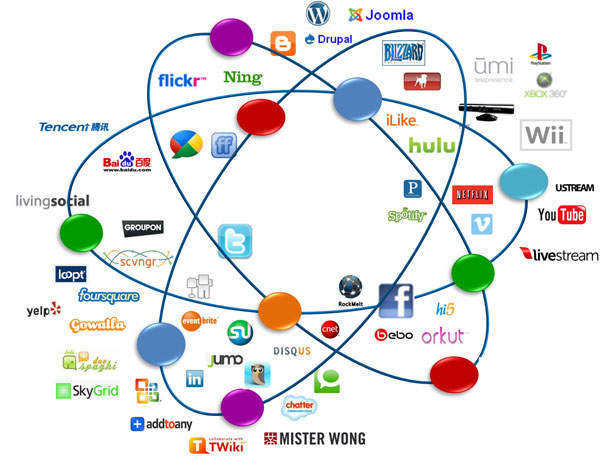

WITH FRIENDS LIKE THESE
In business we all put our fate in the hands of others. From politically exposed persons to weak links in your supply chain, events outside your direct sphere of control can easily find their way to your door.
The global nature of today’s business dealings means that complex relationships and intricate supply chains now pose a real and significant threat to the reputation of companies and their owners. Coupled with the ease with which business critical information can now be shared via social media, friends and critics alike possess the ability to access information about you and your business networks at the click of a button. That is why defending your reputation in today’s digital age is as much about understanding your friends and acquaintances as your enemies.
Business leaders are quick to acknowledge that doing business at a distance can come back to bite you. In most cases, companies who think they may have friends in the wrong places will have contracts that allow them to distance themselves in the event things go wrong. But while it is important to build reputation controls into your contracts, ultimately you can’t transfer the risk of reputational damage.
Instant access
Only a decade ago, those looking to discover who you were in business with would have to expend significant resources with no guarantee of success. Yet in today’s digital stratosphere, business networks are eminently discoverable, not just via traditional routes like business directories, but also via social media and advanced web-crawling technologies. Furthermore, even if a company or individual doesn’t know the true scope of its network of influence, you can rest assured that its critics and opponents do.
This was something that caught out the Church of England recently when it came to light that it owns a stake in pay-day loans company Wonga, one day after Archbishop of Canterbury Justin Welby publicly waged war on the same lender. The Archbishop did not know that the Church held an indirect stake in the company, but others did and were quick to point it out.
To prevent something similar from happening to you or your company, it’s important to understand the individuals you’re doing business with. A quick solution is to purchase an open source intelligence report — a useful source of information, but one that comes with limitations.
The majority of these reports merely relay what is already readily available online, without providing any overlaying analysis. This lack of analysis, coupled with the online nature of its content, can have the undesired outcome of telling you things that aren’t necessarily true.
Proper due diligence means not just relying on open source intelligence reports — sophisticated analysis is required to understand properly the information you’ve uncovered and to comprehend how your global influencer networks operate.
In the event you decide to proceed with a supplier or a politically exposed person based on the due diligence you’ve undertaken, consider building into your service level agreements — contracts that define the level of a service and/or relationship that exists between you and the other party — the same stringent reputational risk controls you apply to your own company.
Where negative flags have been raised, make sure that you can properly articulate your position with regards to the individual or company in question, because you may well be asked.
Damage control
Nor should you underestimate the reputational risk that an inquiry into your business dealings or associations can pose. Public or private, any inquiry risks being leaked and then escalated by the media. In the event that an incident involving a third party does go public, time is of the essence. With regulators influenced by what they read, having the correct message is crucial.
In this instance, get your lawyers and PR advisers to work together in ensuring that the truth is not spun out of control. Furthermore, work to get your side of the story presented while ensuring that the message you choose to give is legally correct. In the event of misinformation, the law of defamation can then be brought into play.
In summary, when it comes to managing the risks associated with friends in the wrong places, remember: open source intelligence reports are useful, but you need to do some analysis work on top to really understand your network; contractual controls are necessary, but you cannot transfer the risk to your reputation; and, finally, make sure you have a strategy in place for the moment when someone starts asking the difficult questions.






